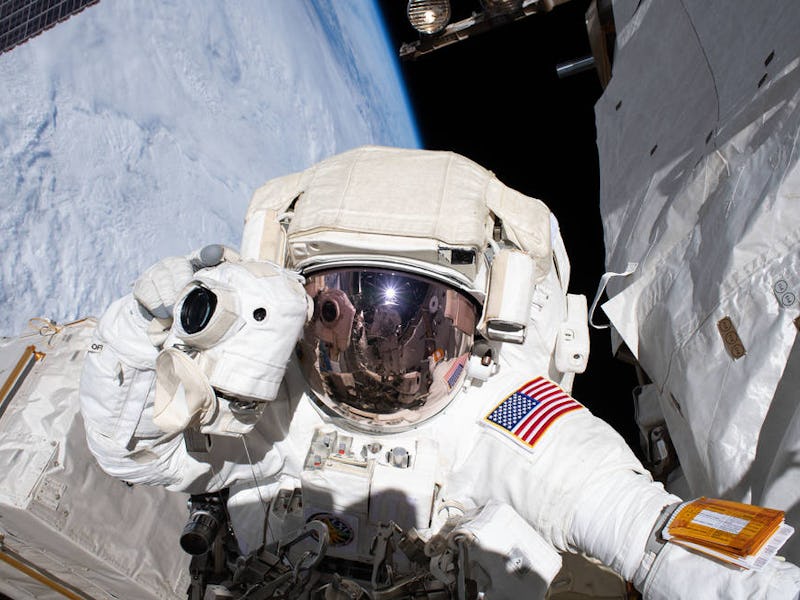Life in space: when science fiction meets reality
In this episode of The Abstract, we discuss how life in space is anything but easy on the mind and body.

For more than 50 years, astronauts have been venturing into outer space and making seemingly impossible journeys a reality.
If TV and film are any indication, the average person’s idea of an astronaut’s life in the cosmos may include daily space flips in zero gravity (because why wouldn’t you?) and eating food that’s suspended in mid-air — while (probably) upside down and (possibly) wearing diapers.
As NASA and other space agencies prepare people for lunar and Mars landings, they’re glimpsing a clearer picture of what life in space is actually like and discovering essential ways to safeguard human health in space.
Meanwhile, even though the drama Away is technically a sci-fi depiction of the first manned mission to Mars, it provides a realistic and relatable look into the lives of everyday astronauts. From astronauts beginning to lose their eyesight as a result of too much time in zero gravity to the awkward Zoom-like video fails that occur when communicating in real time.
In this episode of The Abstract, we discuss how life in space is anything but easy on the mind and body.
Our first story is about a pair of studies that uncovered two essential solutions to mitigate spaceflight’s health toll and ensure future astronauts can survive their trips to the Moon, Mars, and beyond.
Our second story looks at how the Netflix drama Away combines a gripping family drama with the realities of space travel. With an accurate depiction of life in space through the eyes of a working mother, the show remains grounded in truth while taking the viewer on a wild interstellar journey.
Read the original Inverse stories:
- Scientists identify 2 ways to safeguard human health for life in space
- Away review: The best sci-fi of 2020 is barely fiction
Where to find us:
- Subscribe to The Abstract wherever you listen to podcasts: iTunes | Spotify | TuneIn | RadioPublic | Stitcher
- Follow Passant Rabie on Twitter
- Follow Jake Kleinman on Twitter
- Follow Inverse on Twitter
- We're hosted and produced by Tanya Bustos
—
Right now, facts and science matter more than ever. That's part of the reason for The Abstract, this all-new podcast from the Inverse staff that focuses exclusively on science and innovation. Three new episodes are released a week, and each covers one theme via two related stories. Each features audio of original Inverse reporting, where the facts and context take center stage. It's hosted by the Tanya Bustos of WSJ Podcasts. Because we're Inverse, it's all true but slightly off-kilter. It's made for people who want to know the whole story. —Nick Lucchesi, executive editor, Inverse
This article was originally published on